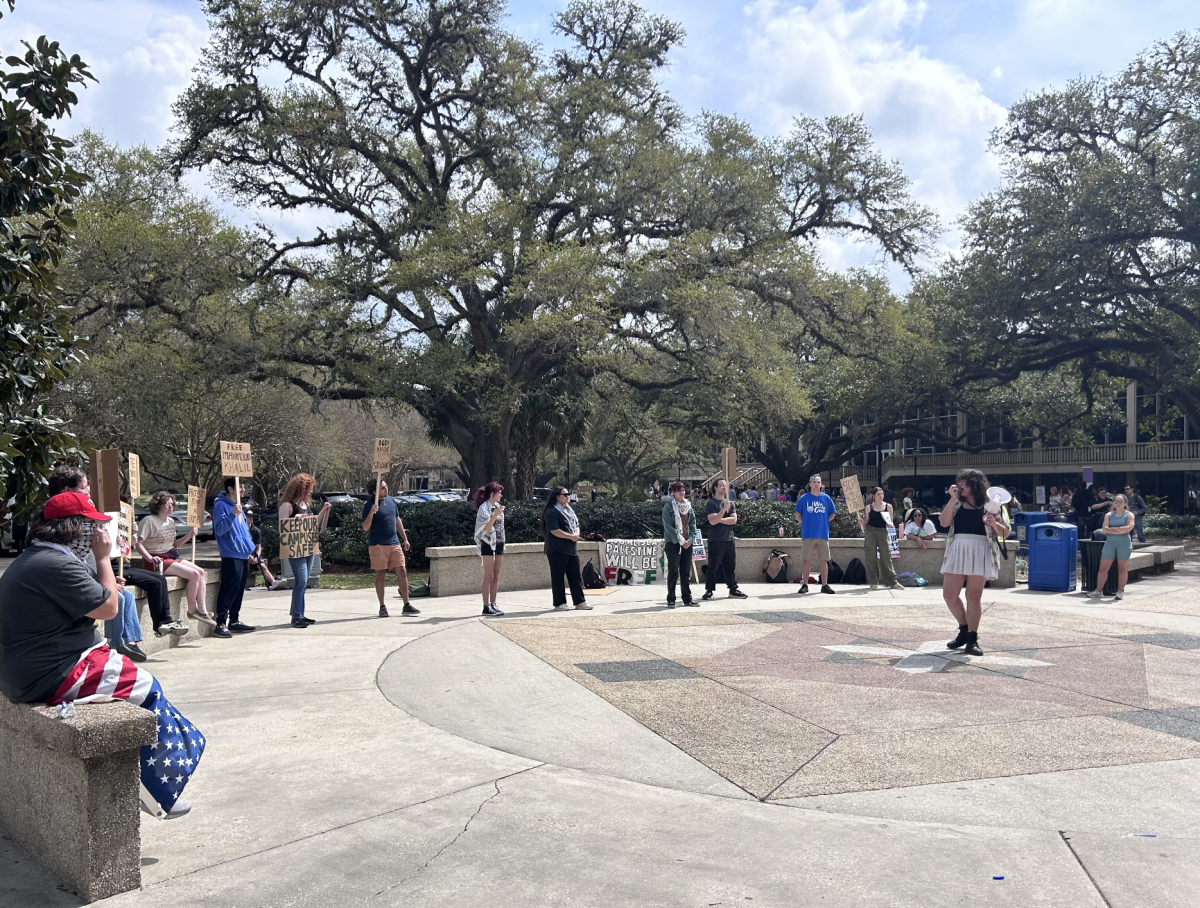New and continuing research opportunities are taking place at the LSU School of Veterinary Medicine thanks to eight grants from the National Institute of Health, which brought in $1.48 million in federal stimulus dollars.The new and supplemental grants are part of the American Recovery and Reinvestment Act of 2009, according to a news release. Thomas Klei, associate dean for research and advanced studies, said receiving a grant is a nationally competitive process.”It suggests our faculty are competitive and have strong research programs,” Klei said.The money will be spent on continuing research in the departments of comparative biomedical sciences and pathobiological sciences, according to the news release.All of the funding came from NIH, which demonstrates the amount of research the vet school is doing in relation to human health, Klei said.The vet school practices comparative medicine — the use of animal models to study human disease because human and animal mechanisms are interconnected, Klei said.Shulin Li, professor in comparative biomedical sciences, received a $219,403 supplemental award in September for his work with therapy cancer treatment. Li said working in a vet school allows him the opportunity to work with larger animals like dogs. Li has successfully cured cancer in three dogs thanks to his research efforts. If a treatment can work on a dog, it is a promising prospect for humans, he said. Li said testing on humans is an expensive procedure that requires FDA approval. The FDA requires many of safety and toxicity studies, as well as the manufacturing of therapeutic genes. Li said he hopes the grant will be enough to one day get FDA approval so a human clinical trial can be conducted.”It’s cutting-edge research,” said Jeffry Cutrera, a graduate student who has worked in Li’s lab for four years. “Hopefully, it can translate into humans in the future.”Cutrera said cancer therapy research holds a particular significance for him because he has a strong family history of dealing with cancer.”My mother is a cancer survivor, and my grandfather is currently in treatment,” Cutrera said. Kevin Macaluso, associate professor in pathobiological sciences, also received a $108,495 supplemental grant in September. Macaluso researches flea-and-tick-borne rickettsial diseases.Part of his grant money will go toward purchasing a new $50,000 real-time PCR machine which can amplify five different genes in one sample, Macaluso said.”It will be great to add to our arsenal,” Macaluso said. “It’s one more thing to make our research more meaningful and rapid.”Macaluso and Li stressed the importance and benefits of students participating in research.”We have a student-centered program here,” Macaluso said.Macaluso said being involved in research will be helpful when students are looking for jobs.”It’s a way to get them in the door,” he said.One of Macaluso’s former graduate student researchers, Kathryn Reif, received an NIH fellowship at Washington State.”It shows how desired she was in our professional community,” Macaluso said. “When they leave here, our students are well sought after.”Li said research is a necessary step in today’s job market if a student is looking for a career in biomedicine or pharmacology.Research can be a great learning experience students can benefit from, Li said. He encourages more students to get involved.—-Contact Sarah Eddington at [email protected]
Vet school receives $1.48 million in federal stimulus funding
October 23, 2009



